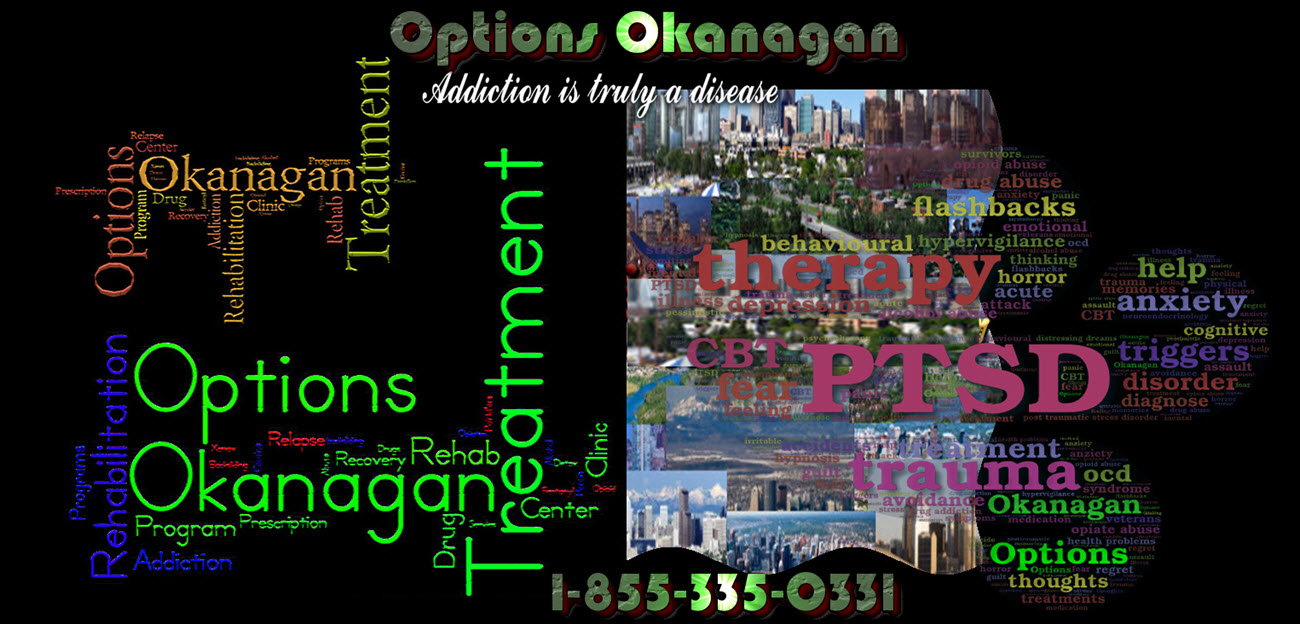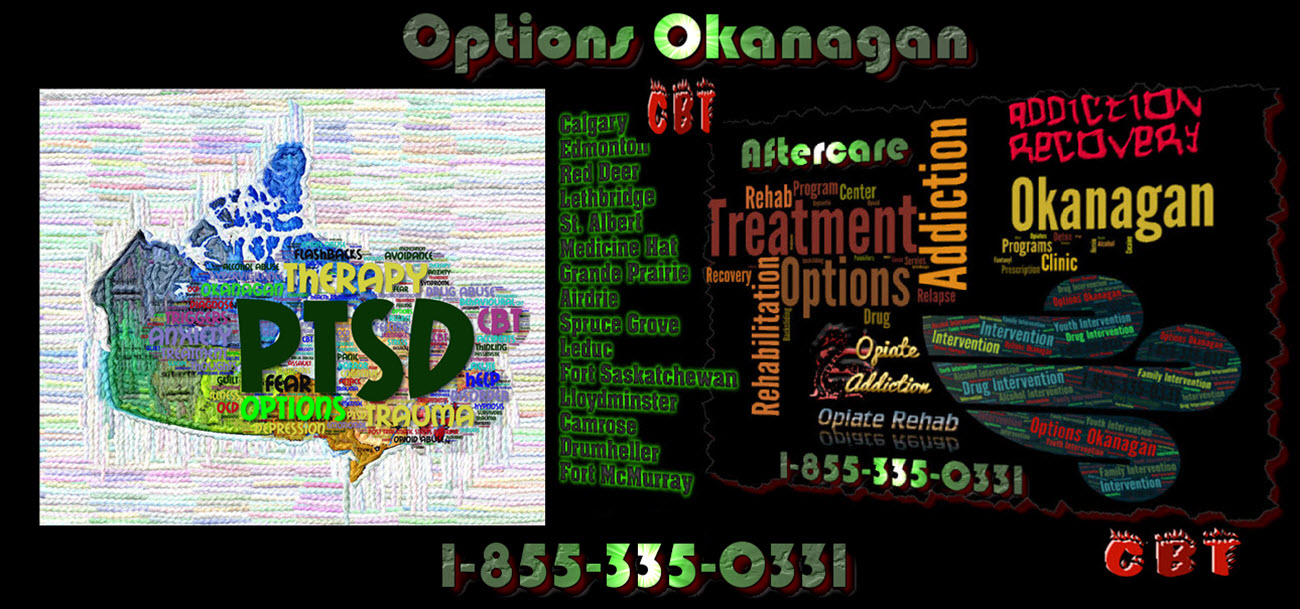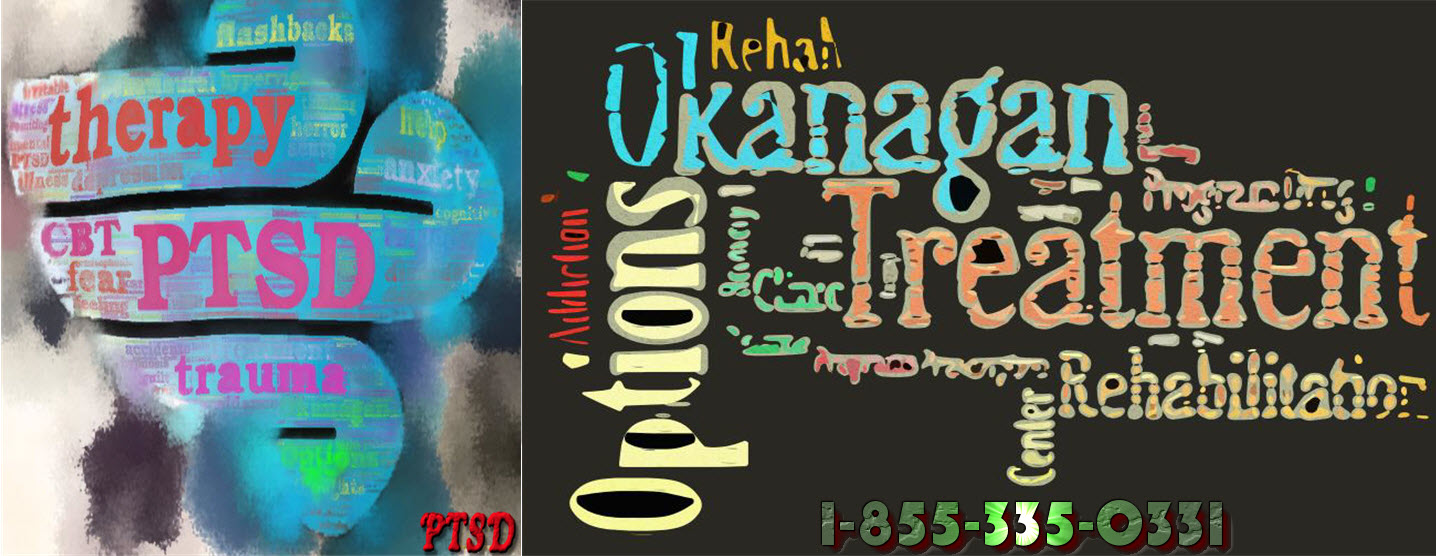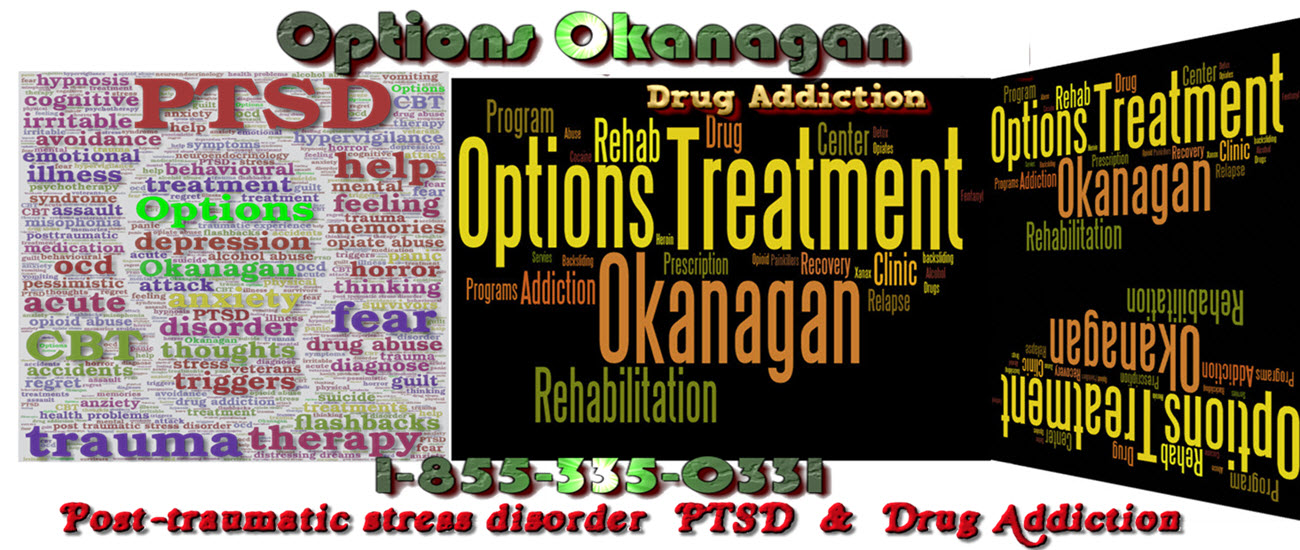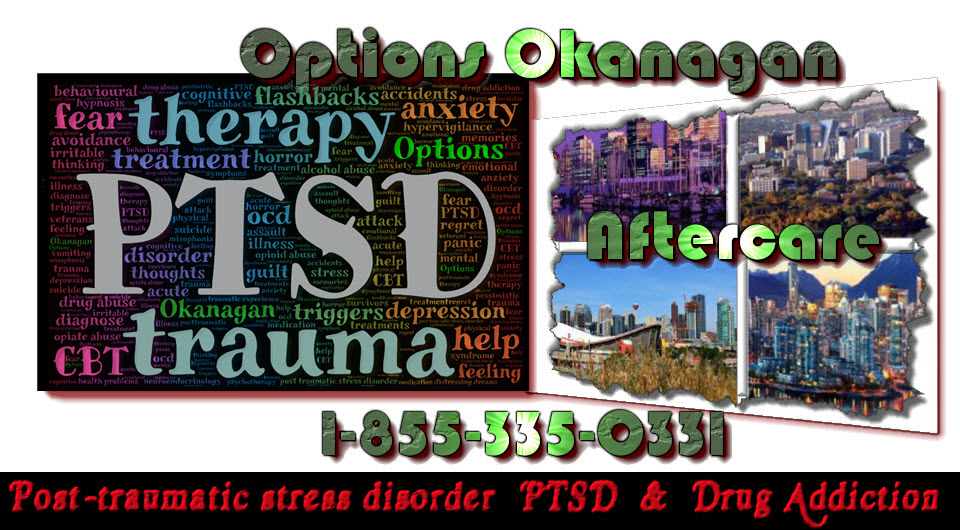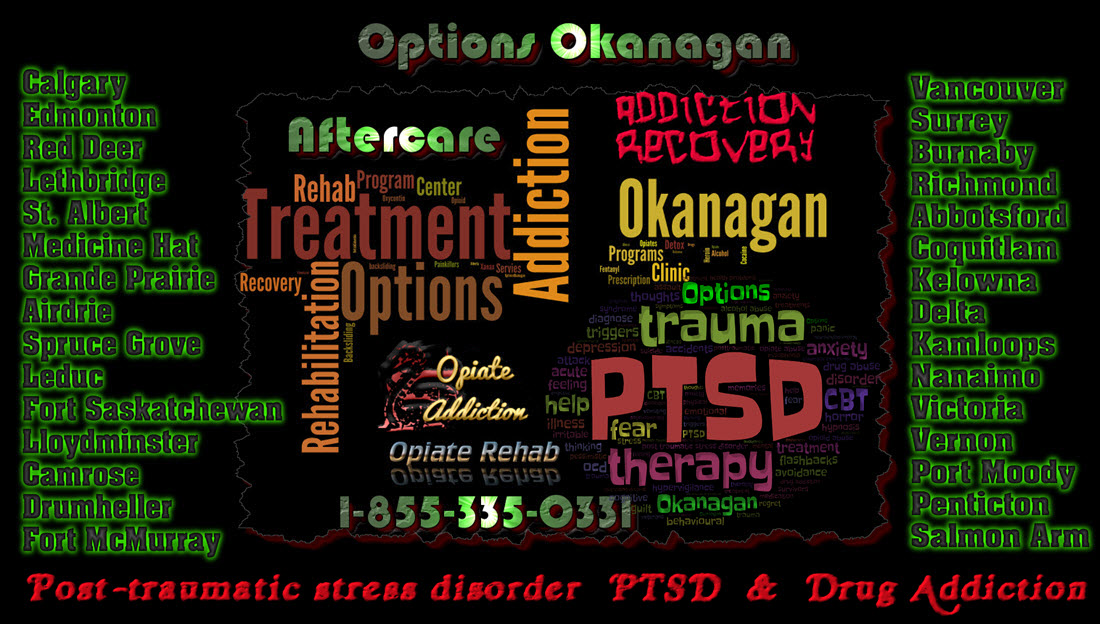Drug and alcohol abuse increases in Canada and the United States and also globally from the COVID-19 virus pandemic. Mental Health Disorder Treatment Programs in BC and Alberta – Opiate and prescription drug rehabilitation programs in British Columbia and Alberta – Options Treatment Center in Kelowna, British Columbia treating prescription drug, opiate, fentanyl, heroin, and alcohol addiction and recovery.
Opiate Rehabs In Alberta And BC
[People Who Use Drugs – (PWUD)]
What are the specific risks for drug users or (PWUDs) during this COVID-19 pandemic?
While PWUDs have the same risk of COVID-19 infection as do the rest of the population, PWUDs have additional risks that need to be addressed and mitigated. For instance, elderly opiate users in Canada are very at risk because of the high level of existing health problems and lifestyle factors. The use of recreational drugs is often done in an environment where people can meet and share drugs or drug items such as pipes. In general, stigma and marginalization related to some forms of drug use can not only increase risk but also create obstacles to promote risk mitigation measures.
COVID-19 Pandemic & Drug Addiction In Alberta And BC
Serious chronic illness is associated with some form of drug use and increases the risk of developing a serious illness. Because of the high prevalence of chronic diseases in PWUD, many are at risk of serious respiratory disease if they are infected with COVID-19. There are many examples of problems and some of them are described below.
The prevalence of chronic obstructive pulmonary disease (COPD) and asthma is high in patients treated, and smoking heroin or cocaine can be a contributing factor. There is also a high incidence of cardiovascular disease in people who inject drugs and individuals who use cocaine. Methamphetamine shrinks blood vessels, which can cause lung damage, and there is evidence that opioid abuse can affect the immune system. The prevalence of HIV, viral hepatitis and liver cancer, which leads to a weakened immune system, is high in people who inject drugs. Smoking and nicotine addiction are very common in most PWUDs and can increase the risk of more negative outcomes.
PWUDs infected with COVID-19 are at a higher risk of overdoses
Opioids such as heroin have life-threatening effects like slowing down and stopping the breathing process of individuals. Because COVID-19, such as a serious lung infection, can cause breathing difficulties, opioid users may have an increased risk of overdose. The antidote to naloxone inhibits the effect and reverses shortness of breath caused by opioids. This is used in clinical and community settings to prevent overdose. COVID-19 virus is not known to affect the difficulty of breathing when using naloxone.
The coronavirus pandemic trauma will cause more alcohol and drug abuse not just in Canada but world drug abuse.
More risks for drug users or (PWUDs) during this COVID-19 pandemic. – [ Part 02 April 18 ]
Options Okanagan Opiate and Alcohol Treatment Centers in Kelowna, Salmon Arm and Vancouver, British Columbia – Men and Women are recovering and healing from Alcohol and Drug Abuse at our treatment center here in the Okanagan right now.
Our unique and distinctive Opiate Drug and Alcohol treatment program allow men and women to come in from Calgary as well as Edmonton as we offer airport pickup.
Numerous clients come to us from Vancouver, Calgary, and Edmonton and other locations in Alberta and even other provinces for Opiate addiction treatment, heroin drug treatment, many other drugs, and alcohol addictions for rehabilitation because of the uniqueness of our treatment center.
Our (Kelowna) Alcohol and Drug Treatment Program Location:
(Not Mailing Address) – Contact Us – Web Page
For Mail Delivery :: Please contact each center for correct mailing addresses, also this location is the location of our residential treatment programs in Kelowna. Please call Toll Free 1-855-335-0331 – to contact the treatment center you are going to for the address and directions.
Options Okanagan Drug and Opiate Treatment Center
551 Sherrydale Crescent, Kelowna, British Columbia, V1V 2E6
Toll-Free Phone Number: 1-855-335-0331

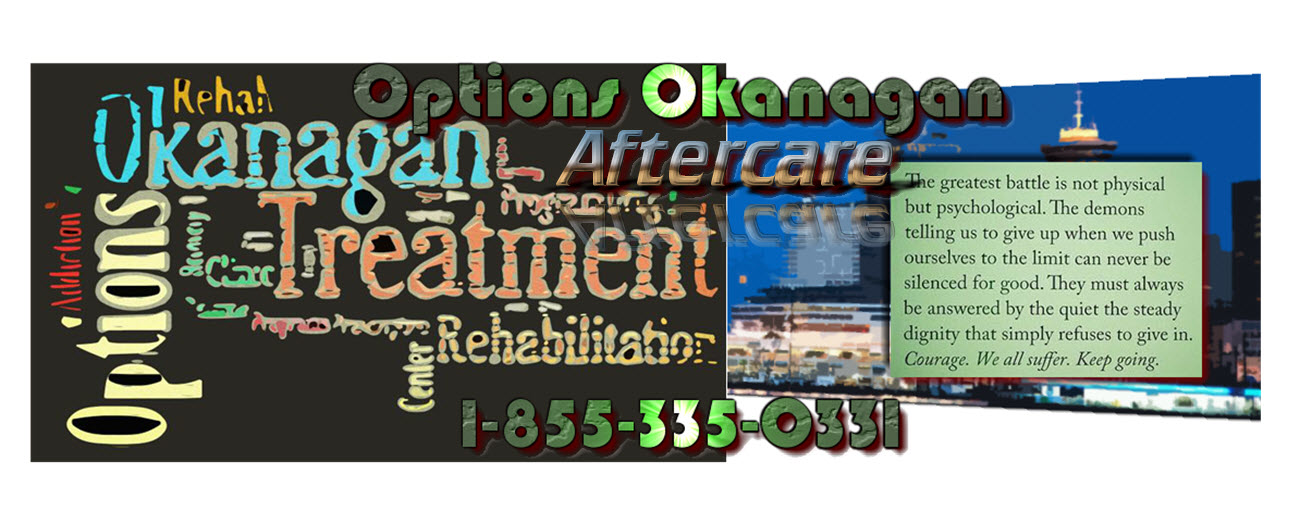

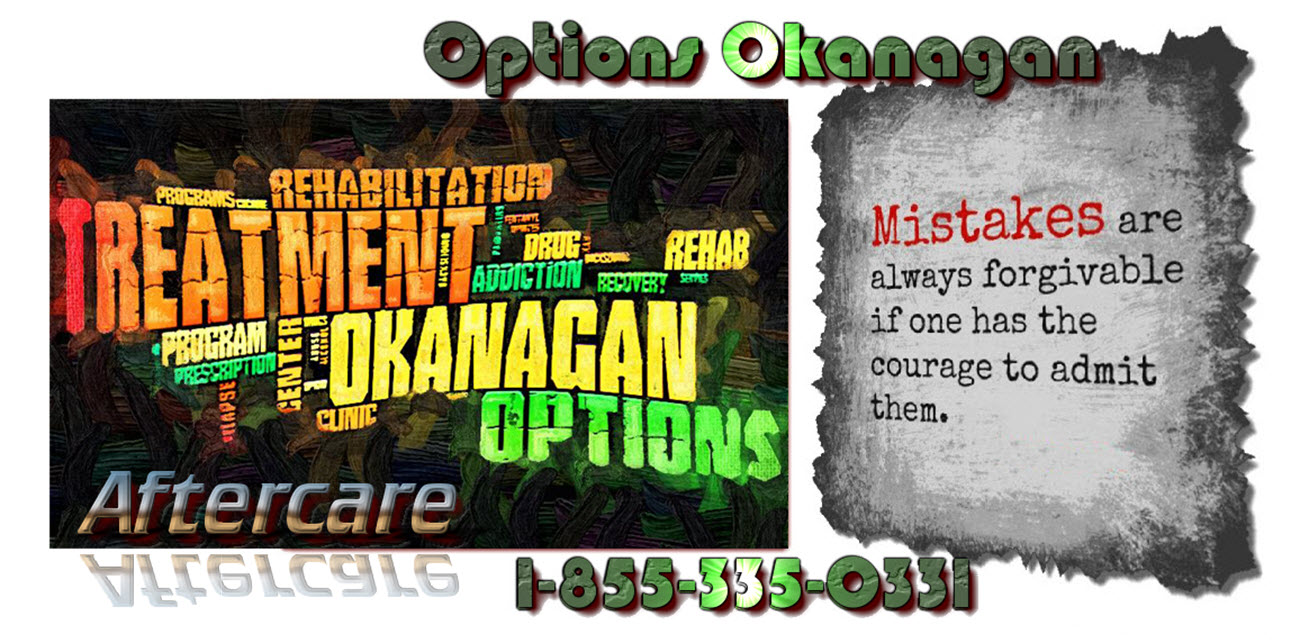

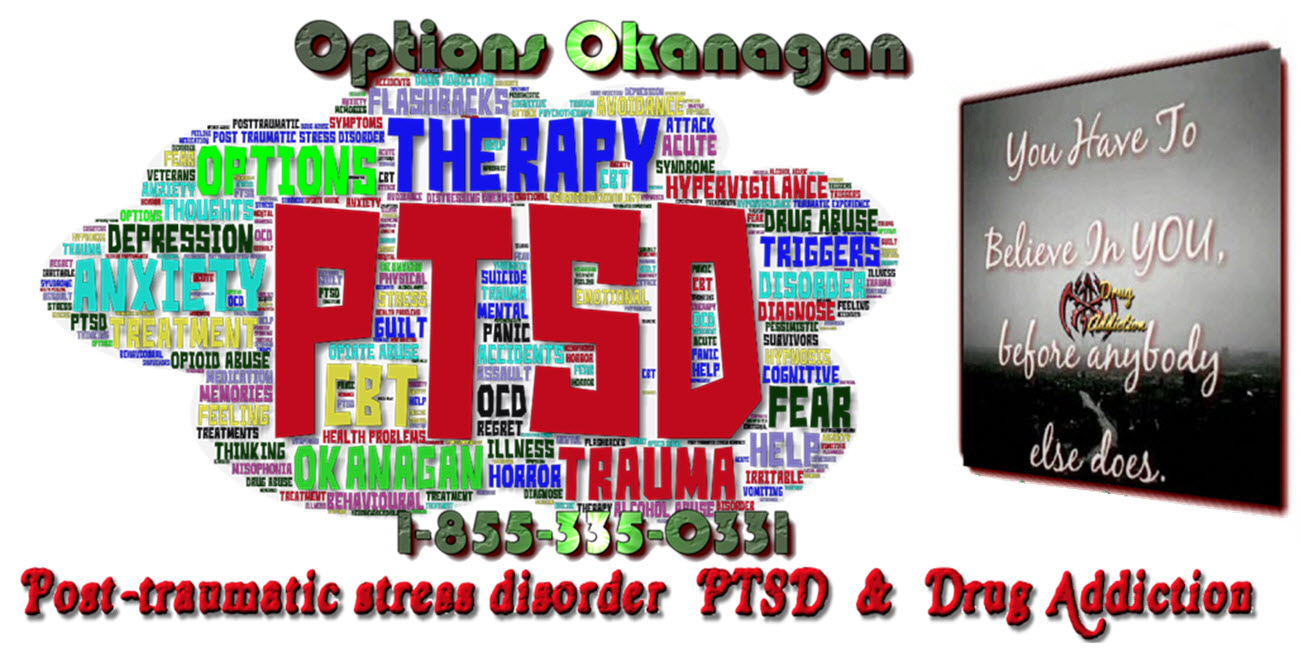
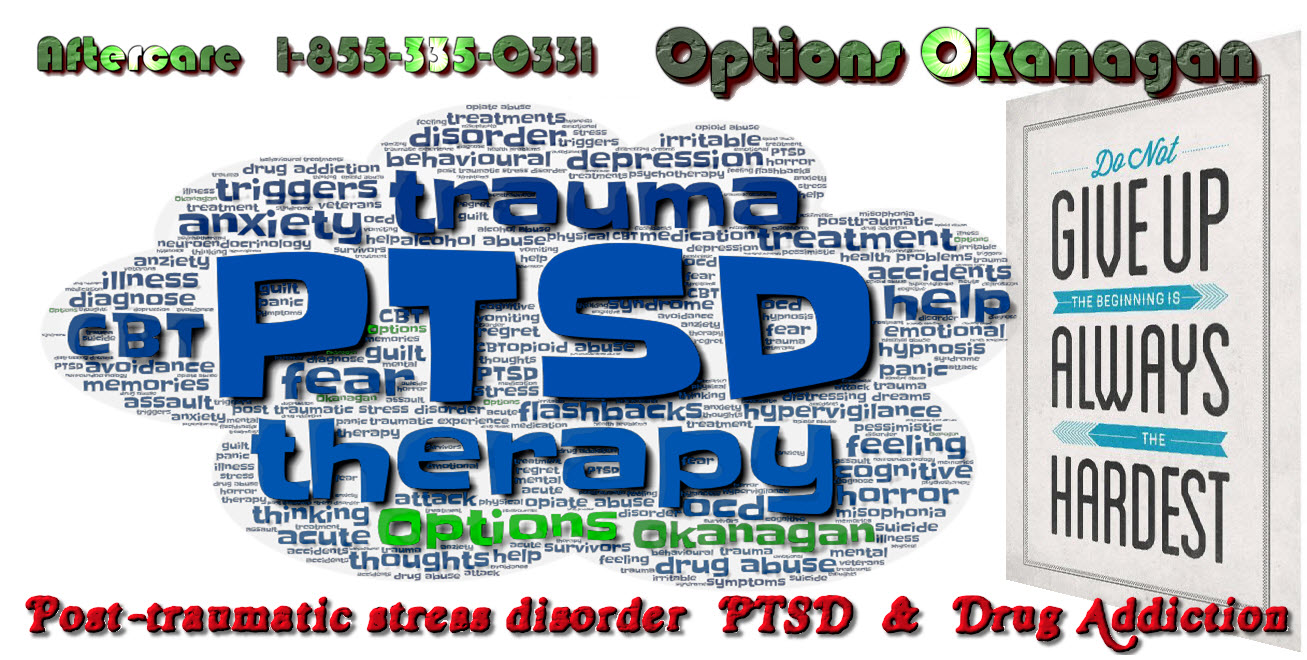
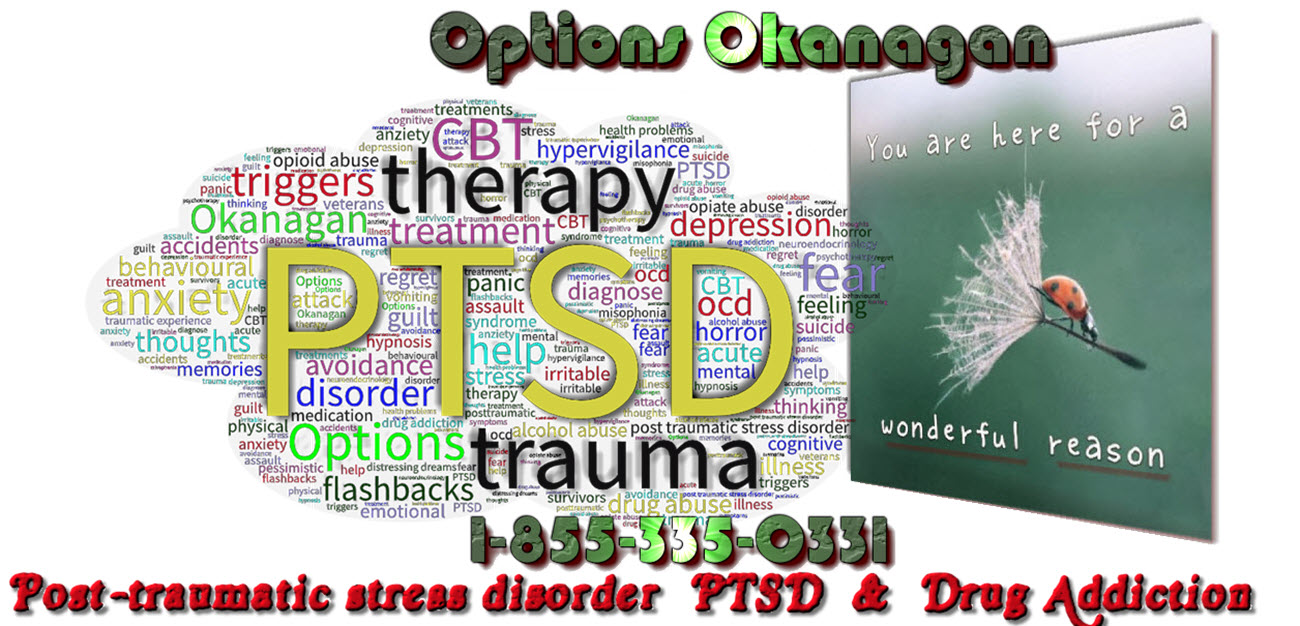
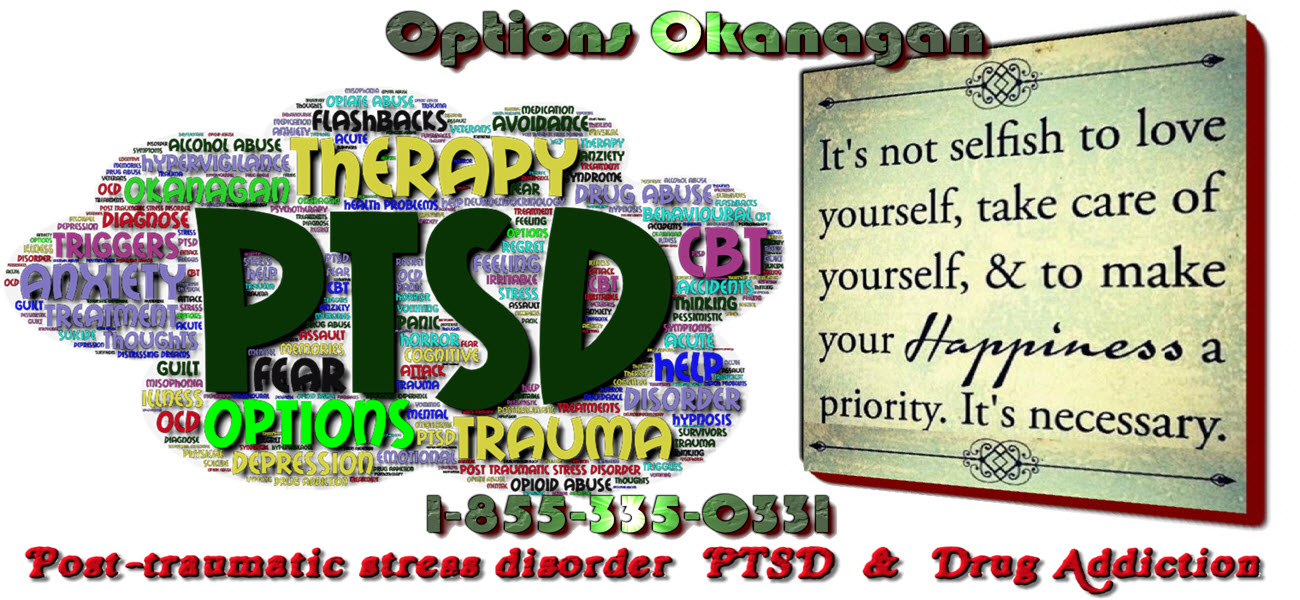
 or Mental Health Disorder Treatment Programs in BC and Alberta - Options Okanagan.jpg)
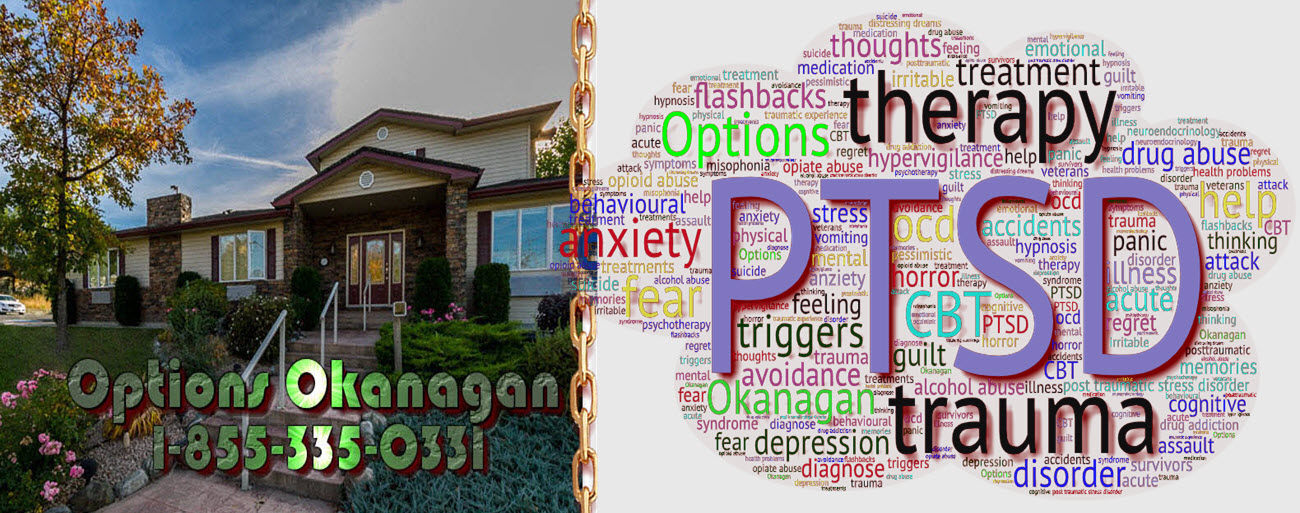
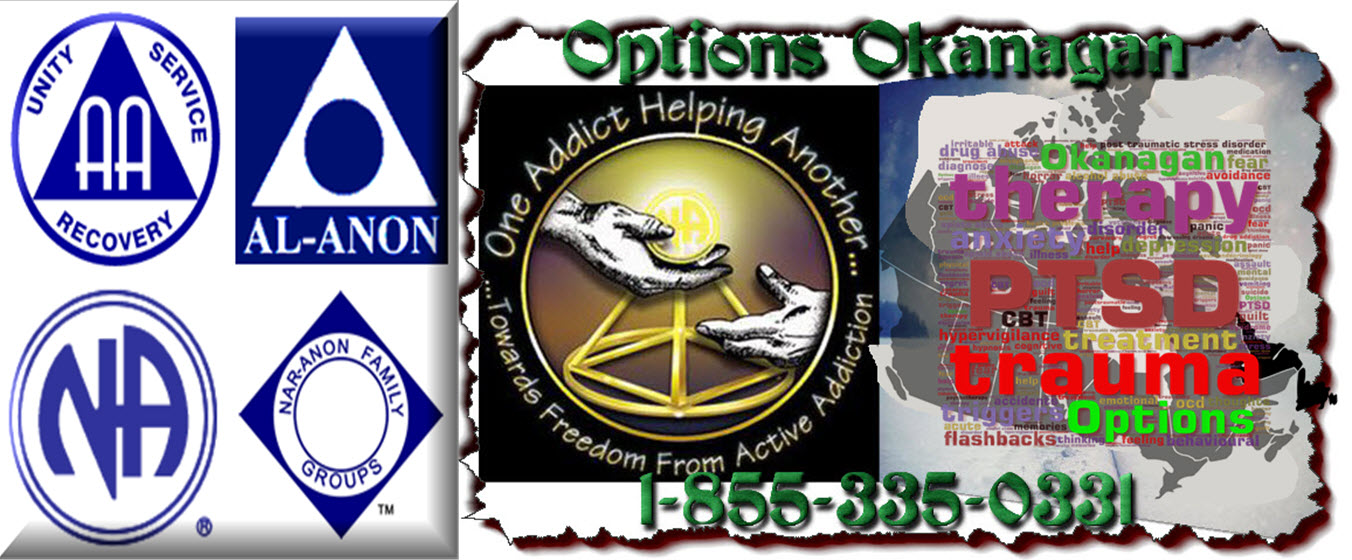



 and Trauma Rehab Centers in Alberta and BC - Options Okanagan.jpg)
 and Trauma Treatment - Mental Health Disorder Programst in Alberta and BC - Options Okanagan.jpg)
